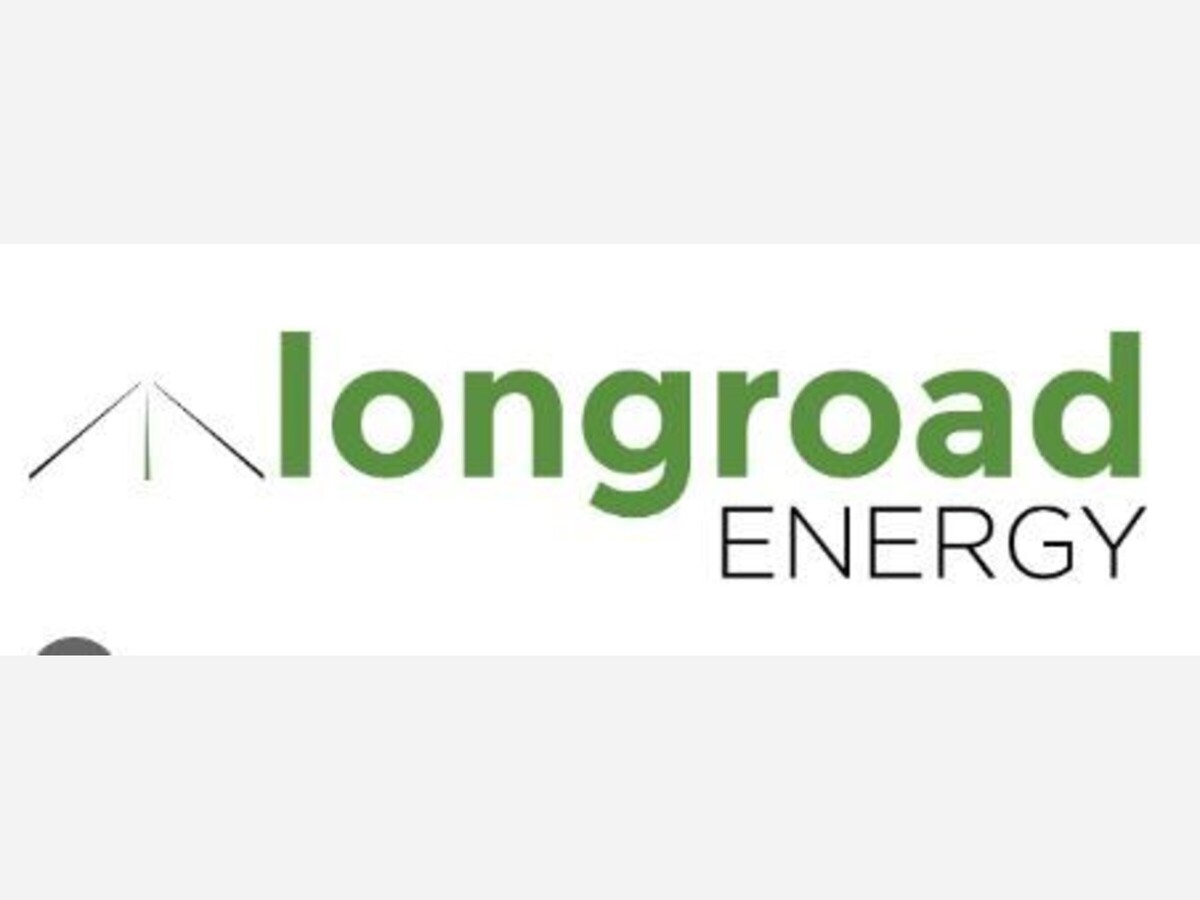Image

A 1,000 megawatt onshore wind project planned for northern Maine [covered previously in Observer] and an associated transmission build-out "would provide benefits to Massachusetts and the region," the Mass. Department of Energy Resources said as it determined that it makes sense to have Bay State ratepayers cover 40 percent of the project costs as part of a multi-state clean energy effort.
The Maine Public Utilities Commission selected the two projects -- Longroad Energy's King Pine 1,000 MW land-based wind generation project and LS Power Base's 345 kilovolt (kV) transmission line project -- in October to fulfill that state's clean energy law requirements. The anticipated net cost of the two projects is $1.7 billion over 30 years, but the Maine PUC directed its staff "to look to other states to assess if there are partnerships that could reduce the costs to Maine."
At the same time, DOER and the Mass. attorney general's office (in its ratepayer advocate function) had until Saturday to determine whether there was a multi-state clean energy project that would meet detailed criteria set out in Massachusetts' newest climate law. That law authorized DOER to "coordinate with one or more New England states undertaking competitive solicitations to consider projects for long-term clean energy generation, transmission or capacity for the benefit of residents of the commonwealth and the region."
In a detailed letter dated Friday, a DOER lawyer wrote that the agency, in consultation with the AG's office, "determined that the Projects would satisfy the benefits listed" in the law and that "the greatest benefit for the residents of the Commonwealth comes from supporting project viability by contributing to paying for the costs of the Projects, while limiting the portion supported by Massachusetts ratepayers."
"To support the viability of the Projects, Massachusetts will direct the Massachusetts [electric distribution companies] to enter into long-term contracts for up to 40 percent of the Generation Project's electric generation and [renewable energy credit] production and up to 40 percent of the Transmission Project's transmission service payments for 20 years or less," the letter said. DOER added that Massachusetts ratepayers would be on the hook for project costs "in general proportion to the expected regional benefit to Massachusetts."
The Maine PUC gave its staff until Jan. 15 to issue a report "as to the initial determination of regional partnerships, and based on that determination, recommend next steps to advance these projects." The Mass. DOER said that its determination and willingness to join forces with Maine will terminate if "the Projects do not have sufficient contracting commitments to support project viability by February 28." - Colin A. Young/SHNS